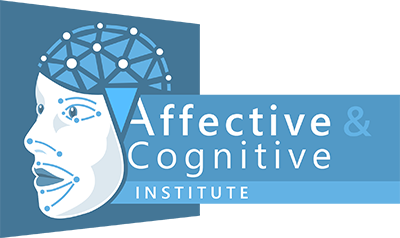How much do we accept virtual agents, even if they give us negative feedback or even insult us? The PhD. Candidate Isaac Wang from Florida investigated this together with the Affective & Cognitive Institute ACI in an intercultural study about acceptance of virtual agents.
The result of the different acceptance by American and German participants makes an important contribution to the design of virtual agents taking cultural differences into account. The results were presented at the IVA 2020.

A collaboration between Offenburg and Florida
Virtual agents are the topic of Isaac Wang’s doctoral thesis from Florida and are also a central focus of the ACI’s research work in the incluMOVE project, in which the virtual agent Gregor Gouda helps people with intellectual disabilities in their training. Based on the common interests and different experiences, a study concept was jointly developed, which interculturally examines the acceptance of virtual agents.
A test of tolerance
What happens when virtual agents do not belittle the obvious failure of the participants and motivate them to perform? What happens if these agents even get cheeky and mock participants?
To find out, a simple game was programmed in which participants are supposed to find a star object among squares, circles and triangles. To help, they can ask the virtual agents for a simple hint. The catch: from level 7 (out of 10) on, the participant can no longer win the game – and the previous praise from the virtual agent turns the participant into a mockery and insult.
Intercultural differences
In total, the data of 60 participants each from Germany and America were examined. The American participants were more motivated by praise and felt more challenged by criticism than the German participants, but also found the tasks more strenuous overall. This result shows that cultural differences are still an important factor to be considered in design even today.
IVA 2020
“Wow – You are terrible at this!” summarizes the results of our virtual agents study with Florida and was presented at the IVA 2020.
The publication is publicly available here.

